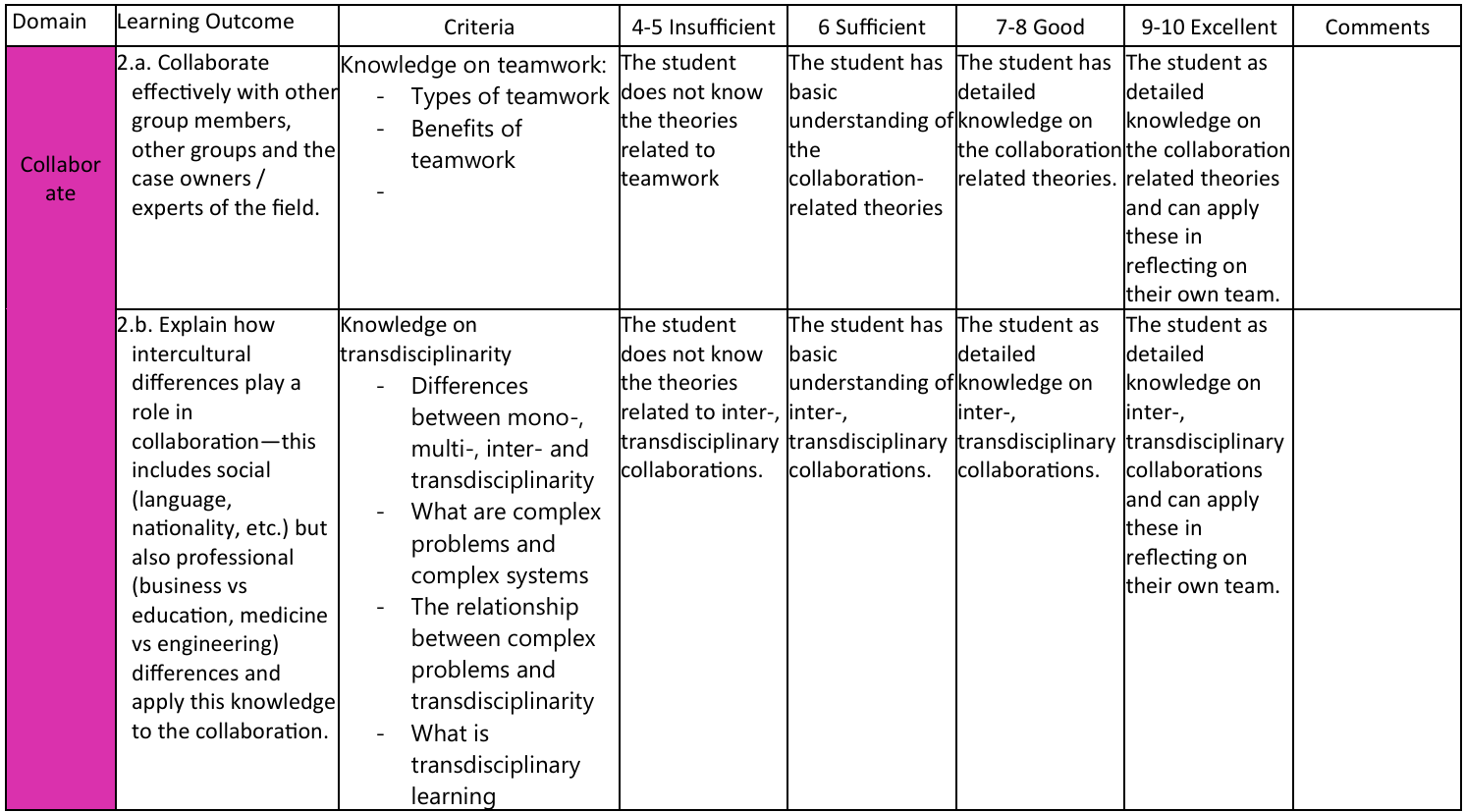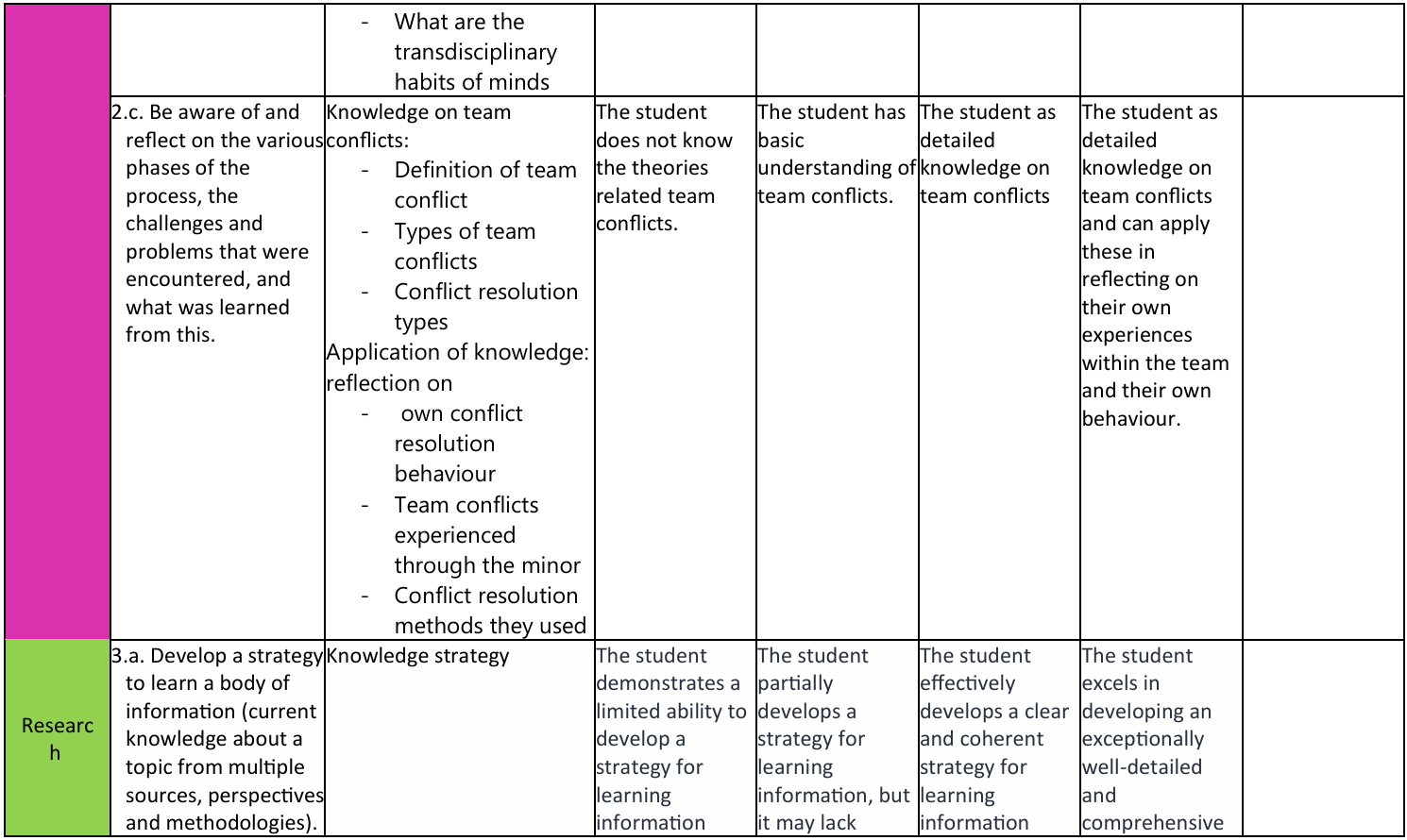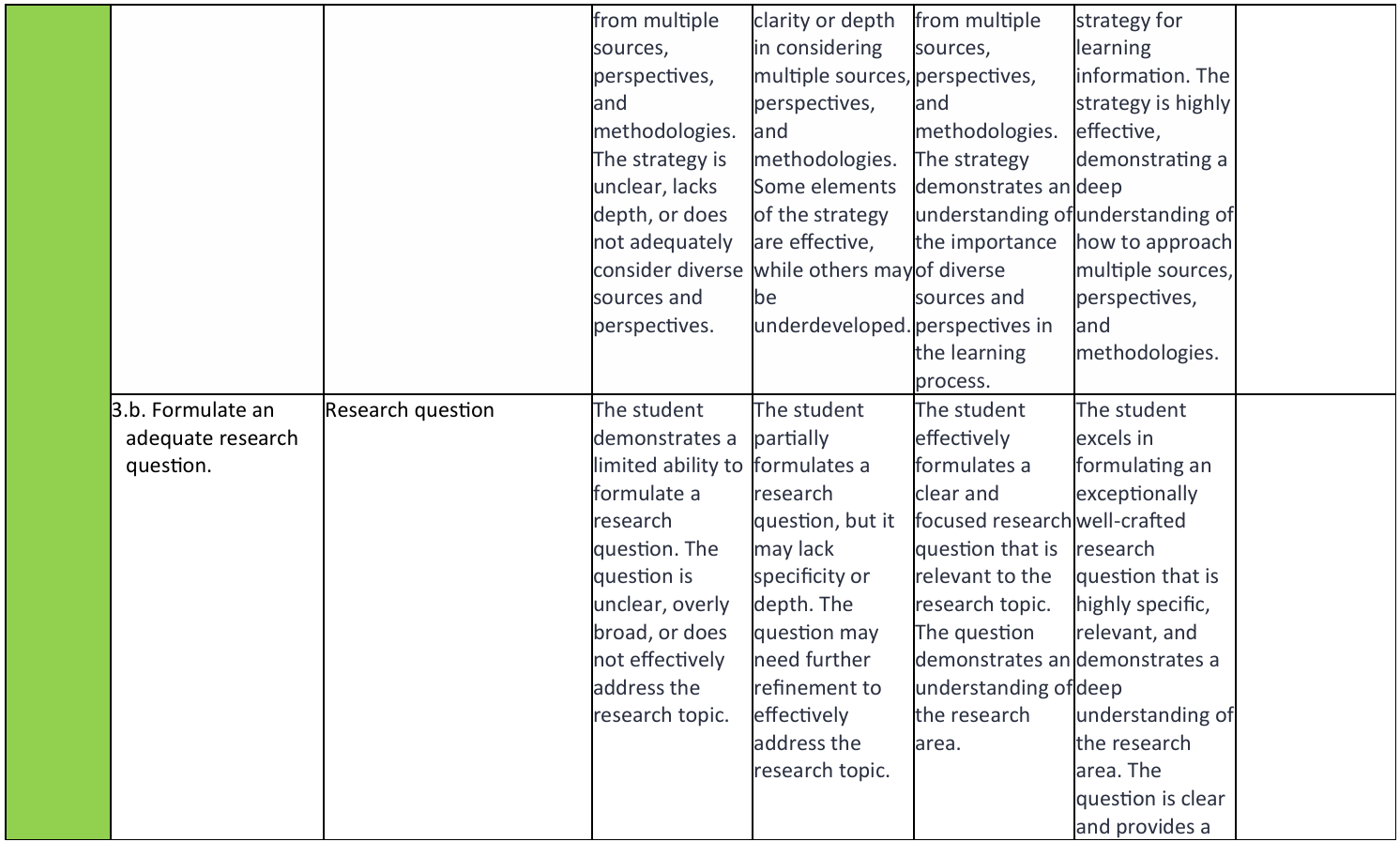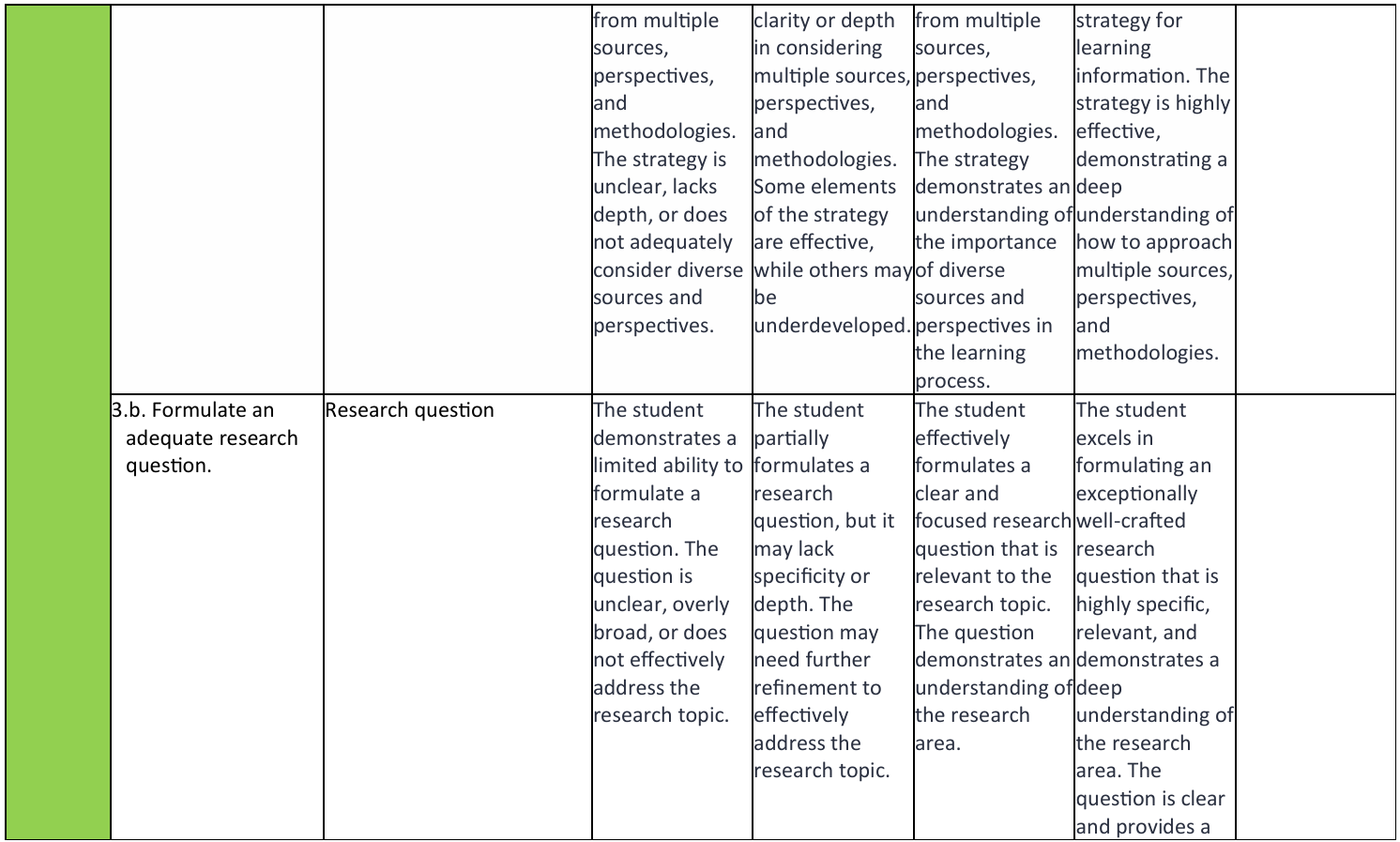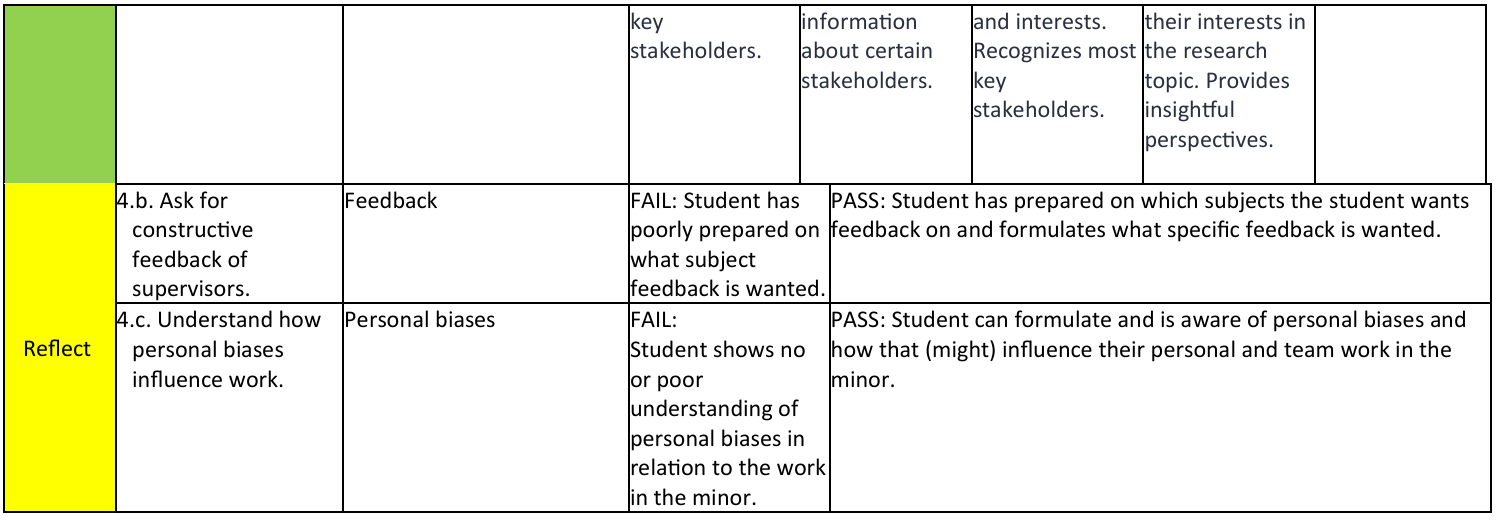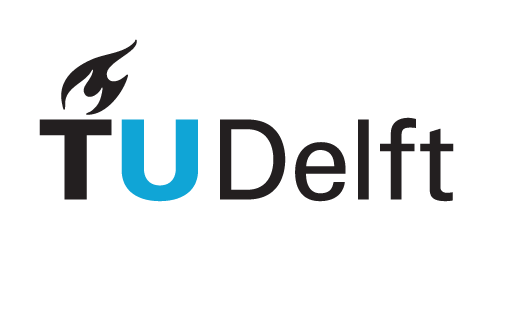Rubrics Q1#
Learning goals Q1#
At the end of Q1 students are able to:
Communicate:
a) Create an effective poster presentation.
b) Effectively deliver a poster presentation at a research symposium.
c) Adapt a poster presentation to various audiences (peers, stakeholders and non-academics).
d) Write an effective research proposal to communicate their research plan (background, question, method/approach).
e) Apply interview and listening strategies.
Collaborate:
a) Collaborate effectively with other group members, other groups and the case owners / experts of the field.
b) Explain how intercultural differences play a role in collaboration—this includes social (language, nationality, etc.) but also professional (business vs education, medicine vs engineering) differences and apply this knowledge to the collaboration.
c) Be aware of and reflect on the various phases of the process, the challenges and problems that were encountered, and what was learned from this.
d) Evaluate different roles of members in group projects.
e) Provide constructive feedback and show openness to feedback from others.
Research:
a) Develop a research strategy to learn a body of information.
b) Formulate an adequate research question.
c) Develop a helicopter view of a research topic — and understand the information in different contexts, magnitude and connections.
d) Understand the dot on the horizon–Identify interesting/solvable problems, long term possibility and challenges of a research topic.
e) Create an overview of the different stakeholders that are involved in the research topic.
f) Write an insightful summary of research done with social implications.
g) Write a short research proposal with background, knowledge gap, approach and impact section
h) Understand the resources for projects that are available and their costs.
i) Able to identify, integrate and analyse current knowledge about a topic including from multiple sources, perspectives and methodologies.
Reflect:
a) Use framework to reflect on experiences in the minor.
b) Ask for constructive feedback of supervisors.
c) Understand how personal biases influence your work.
Critical Thinking#
Weight of assessment in final grade: 20%
Type of assessment: individual
Evaluator: Management Team
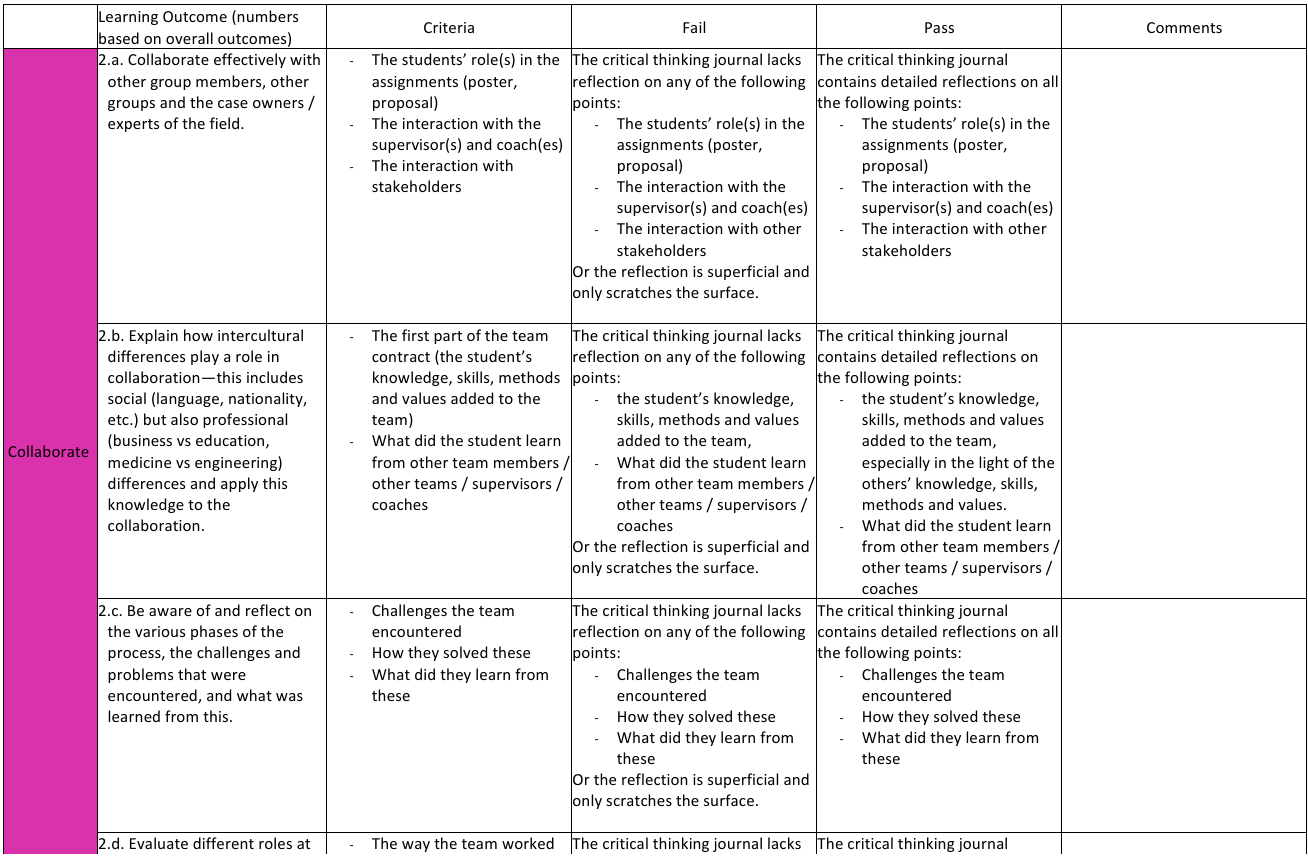
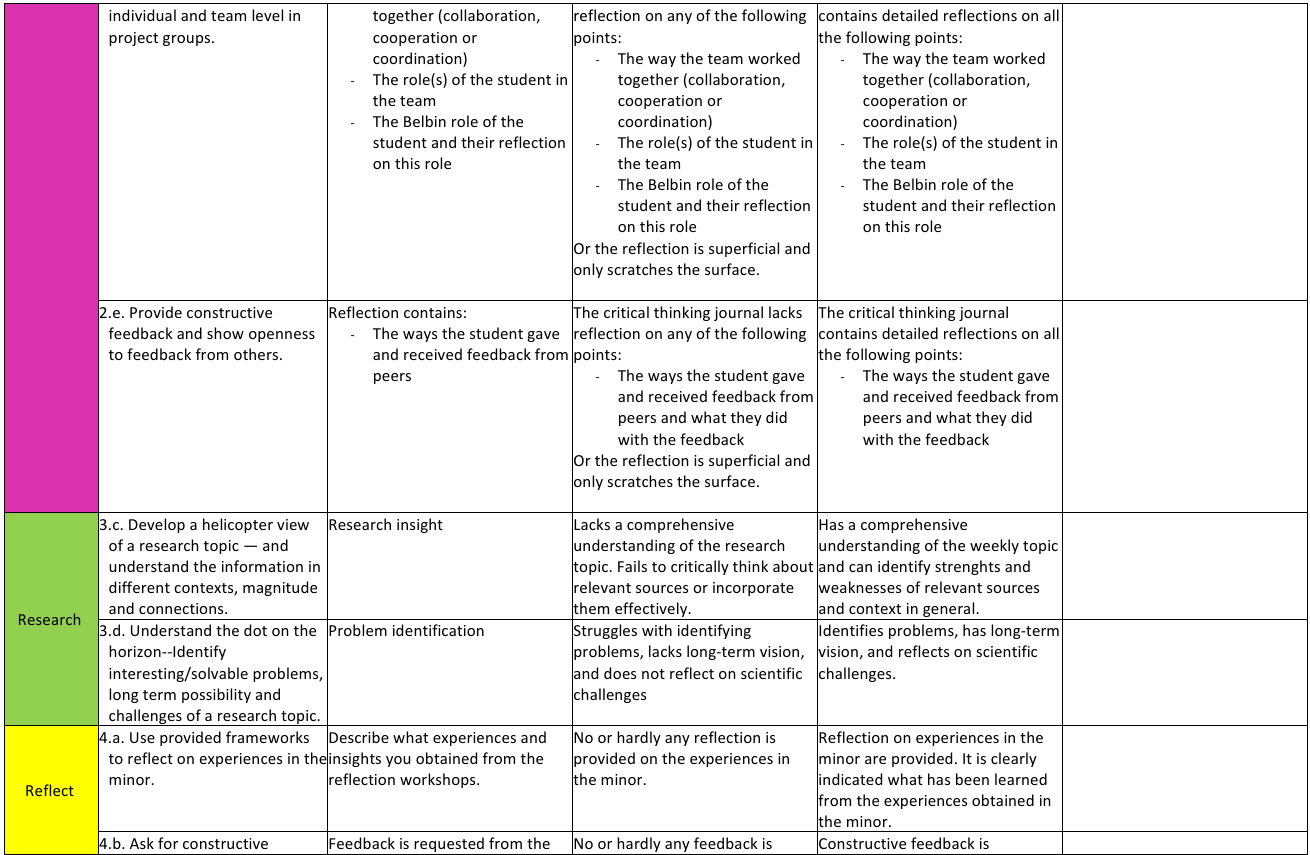

Participation#
Weight of assessment in final grade: 10%
Type of assessment: individual
Evaluator: Management Team
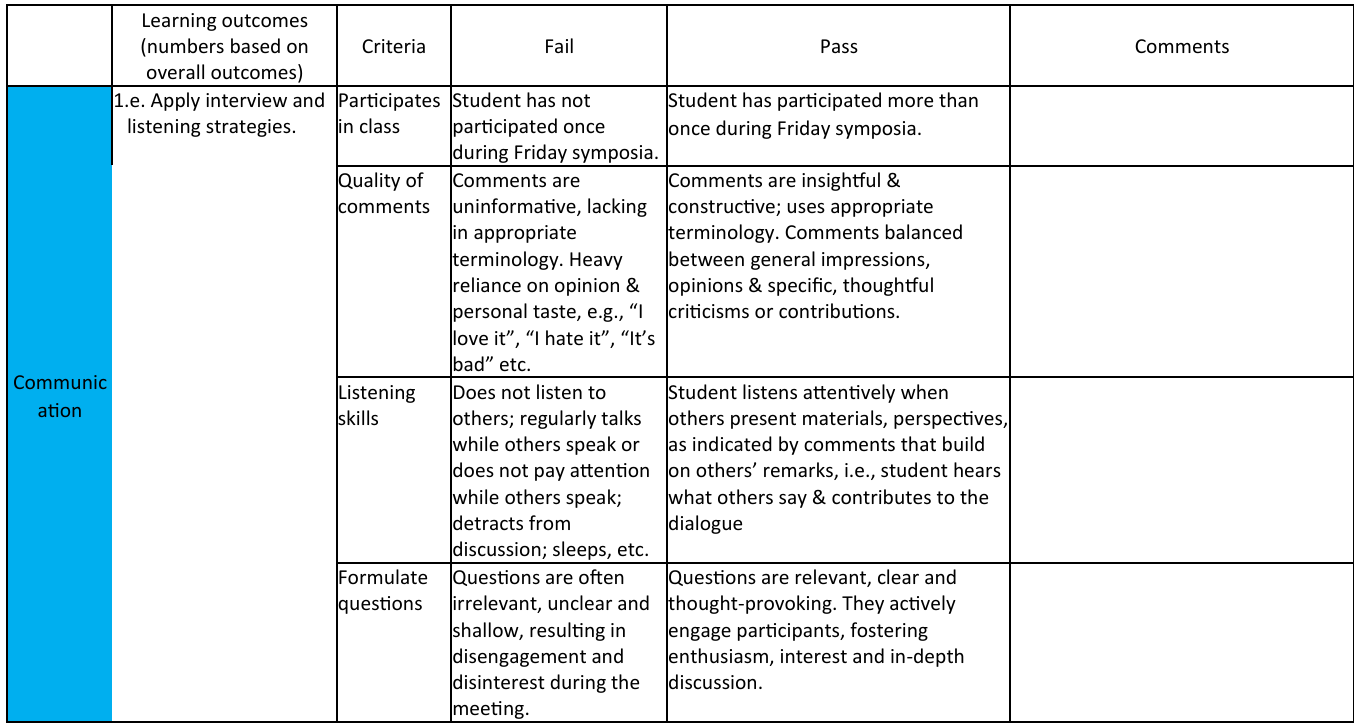
Poster#
Weight of assessment in final grade: 20%
Type of assessment: group
Evaluator: Supervisors, thread leaders
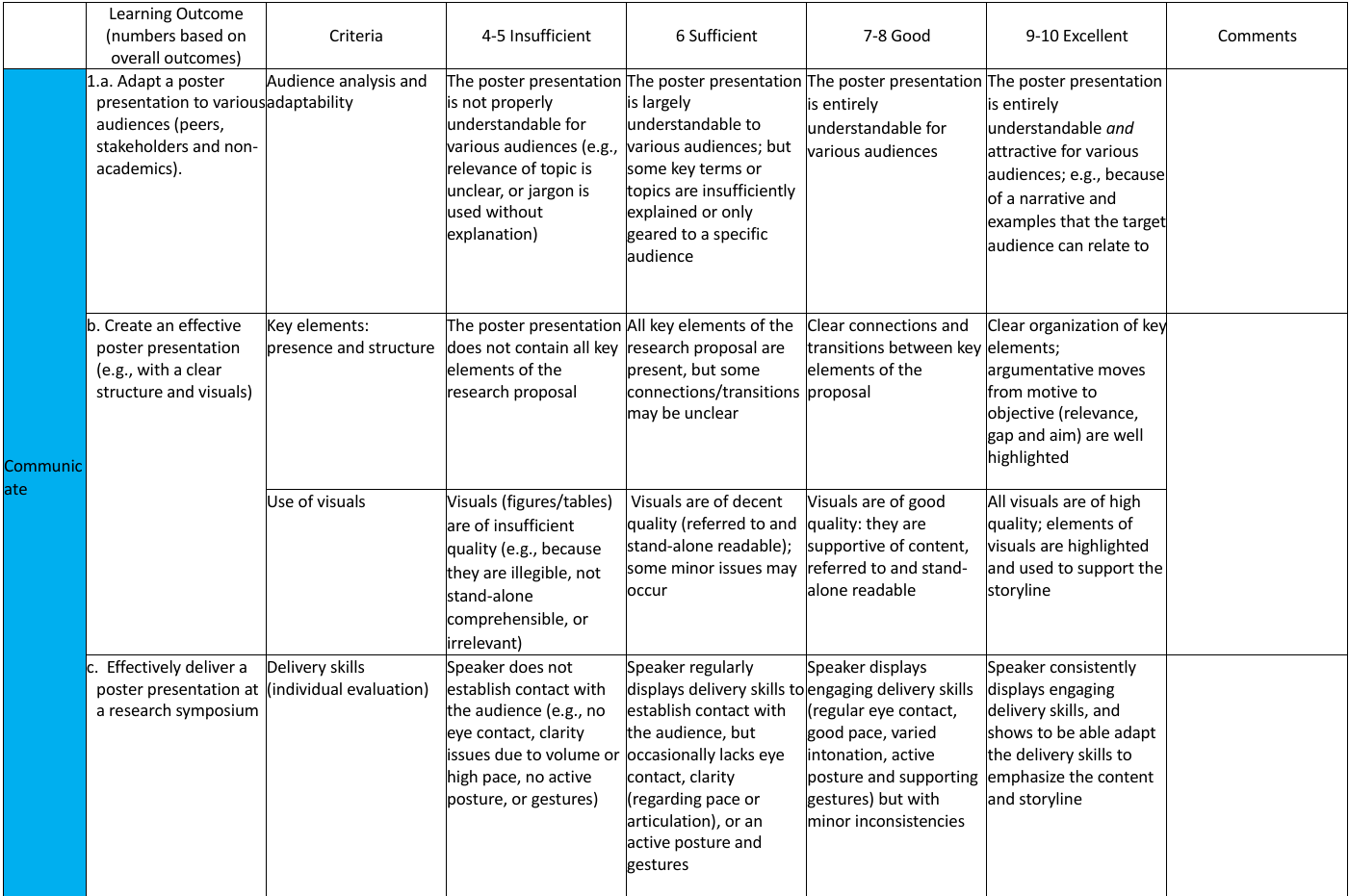
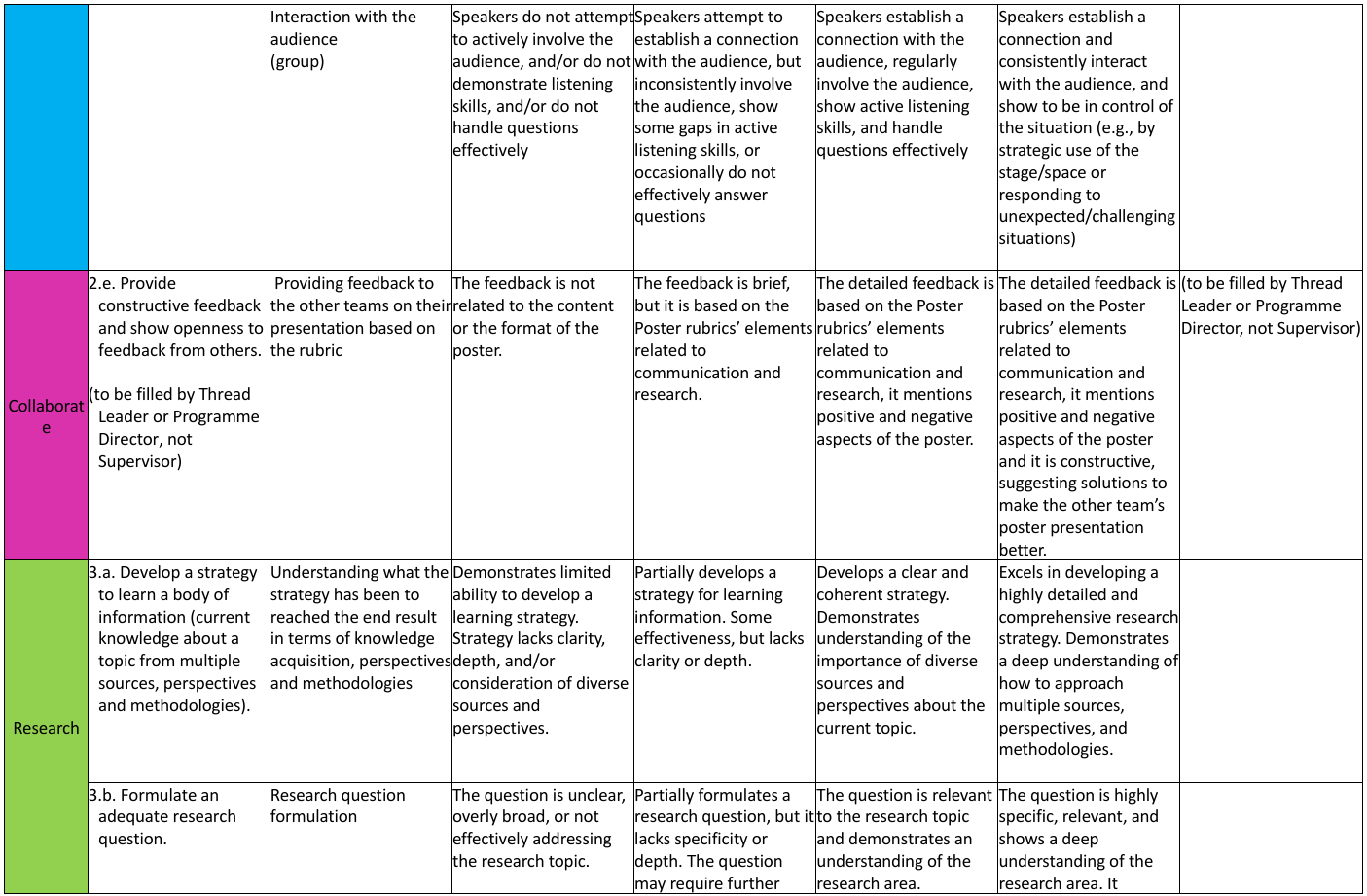

Proposal#
Weight of assessment in final grade: 30%
Type of assessment: group
Evaluator: Supervisors
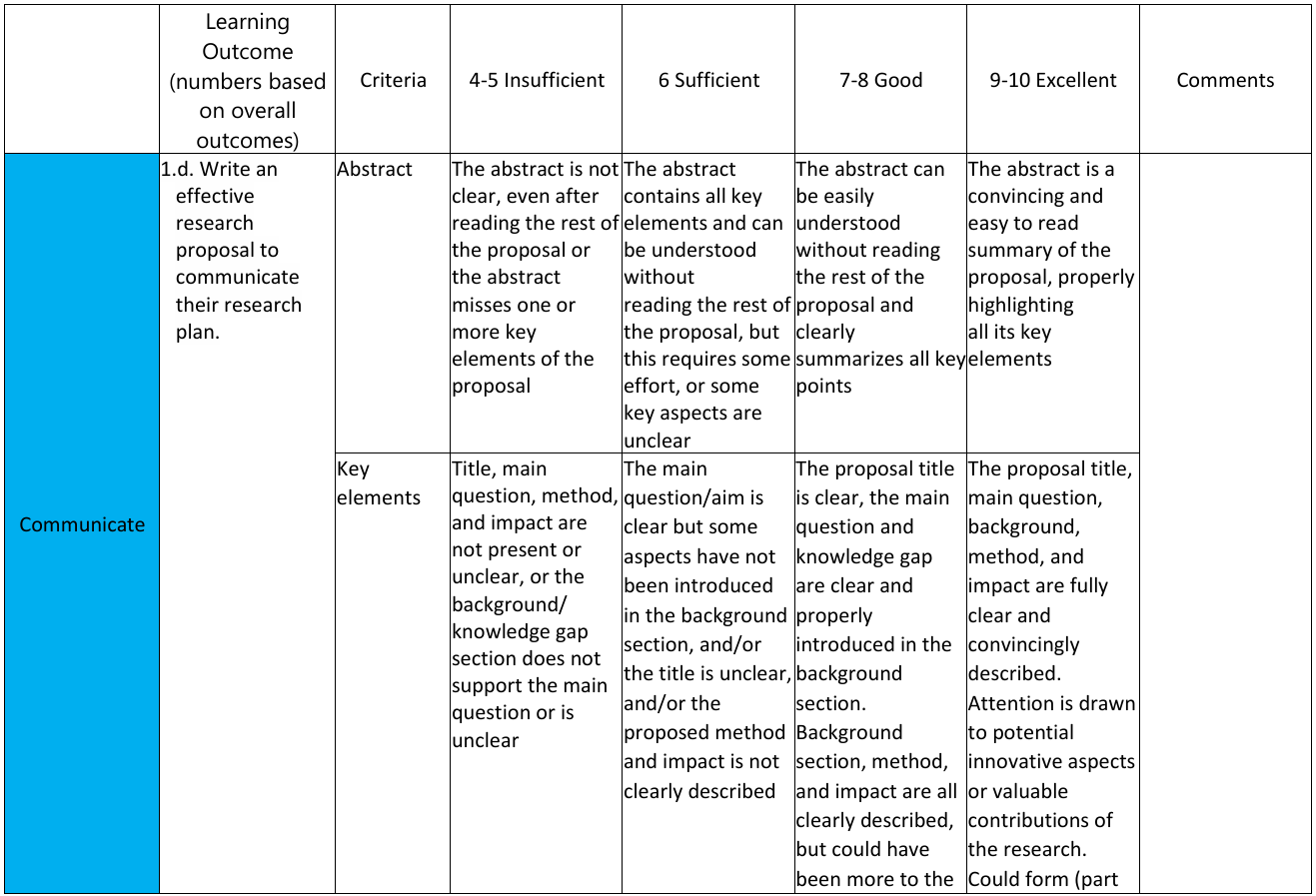
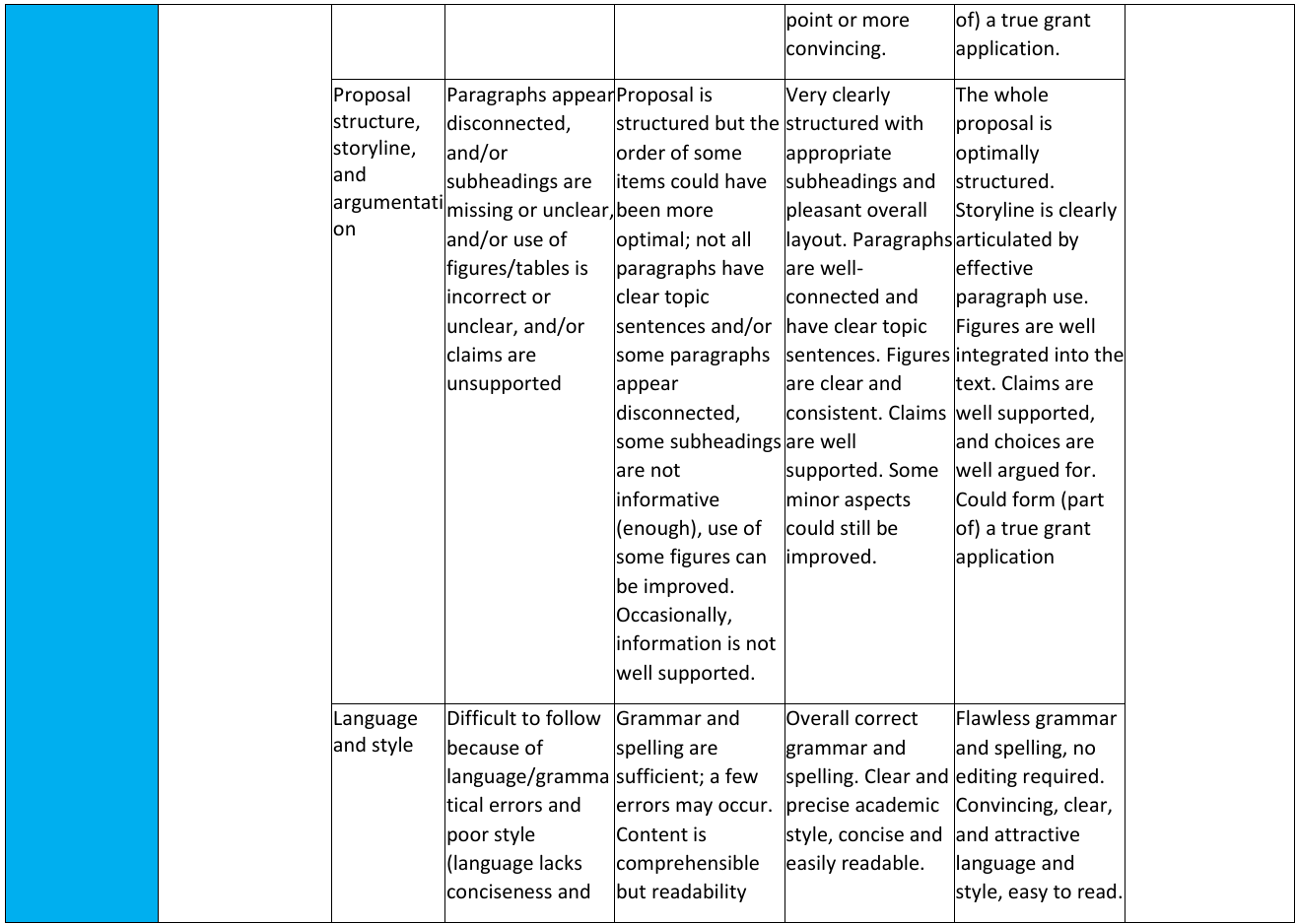
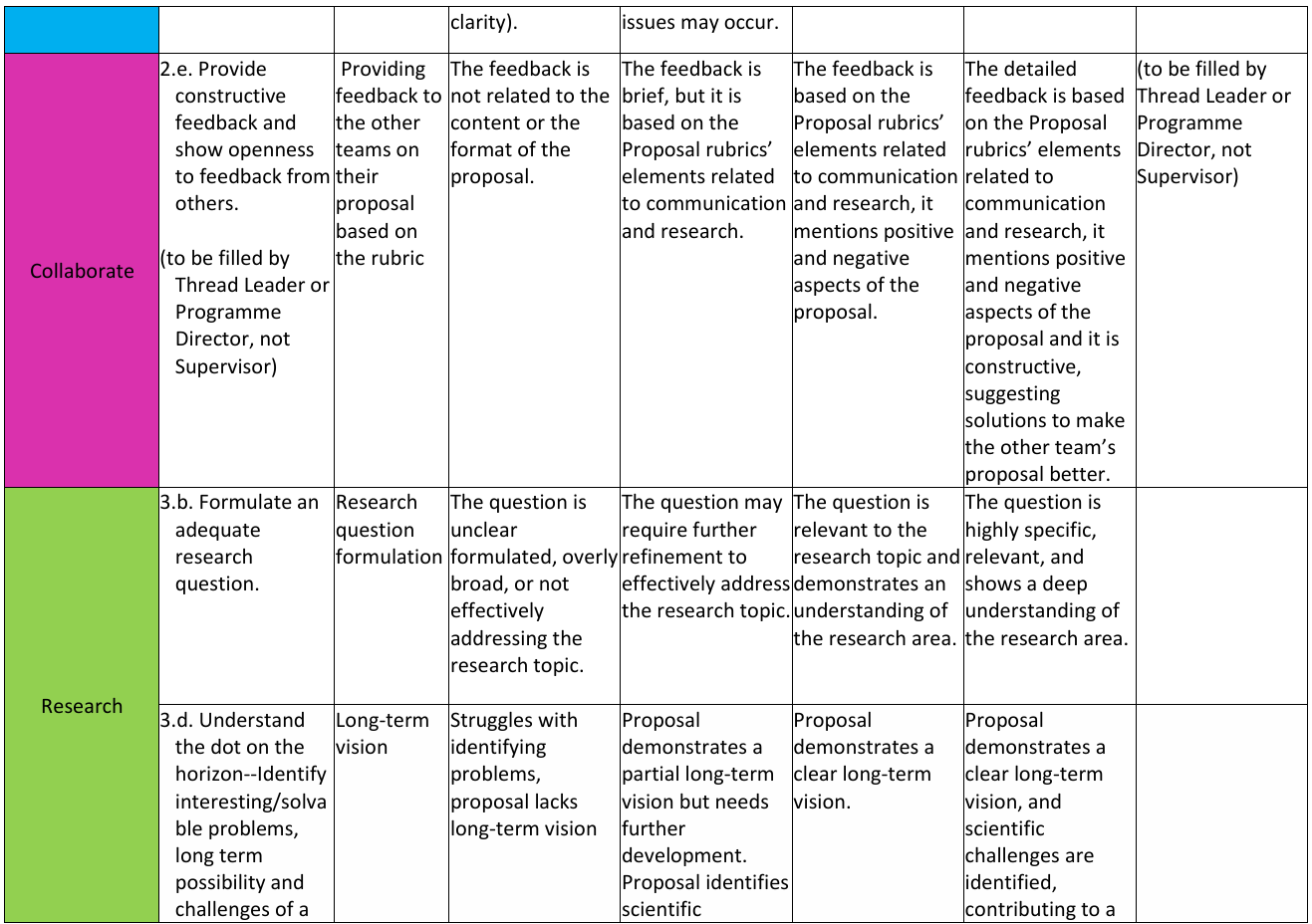
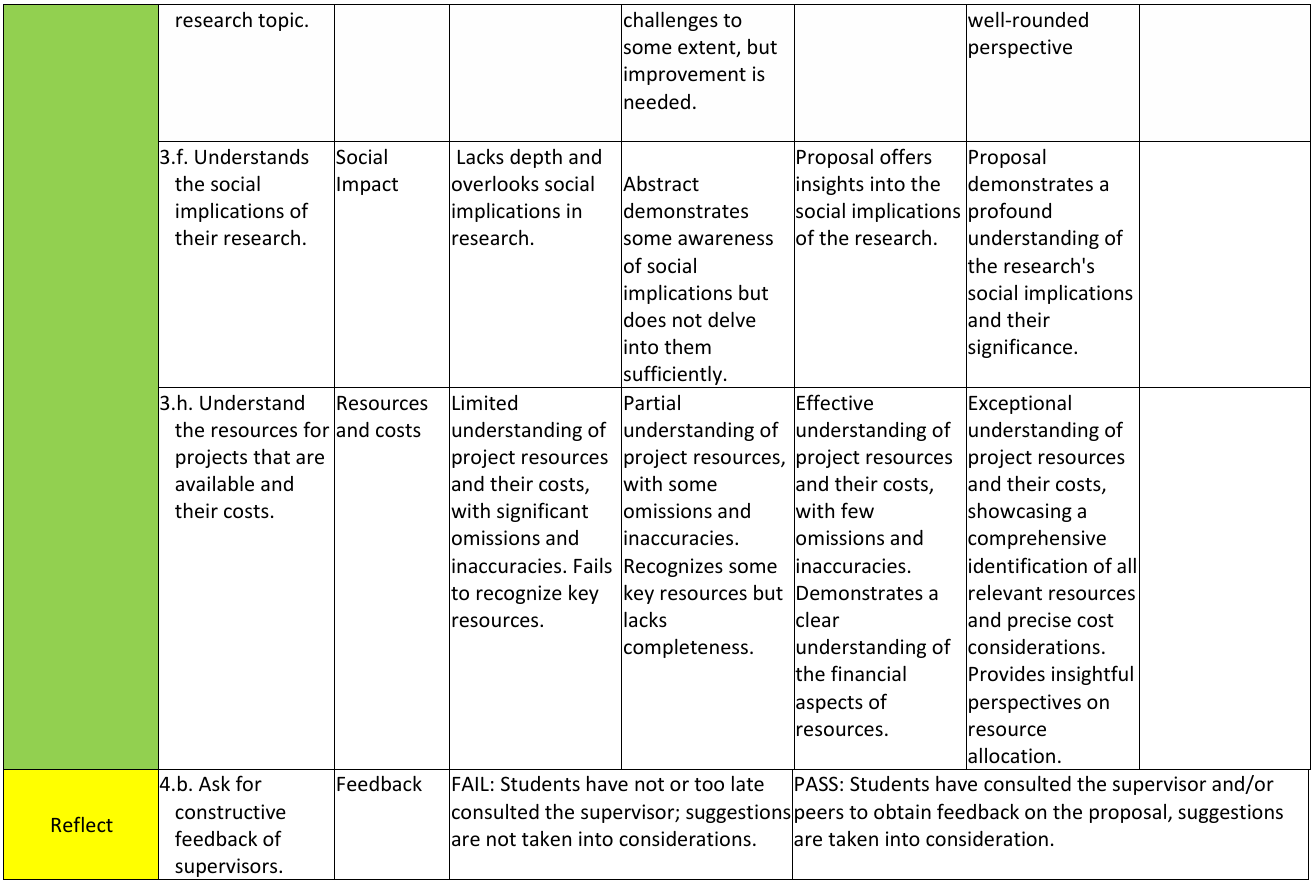
Oral exam#
Weight of assessment in final grade: 20%
Type of assessment: individual
Evaluator: Supervisors
